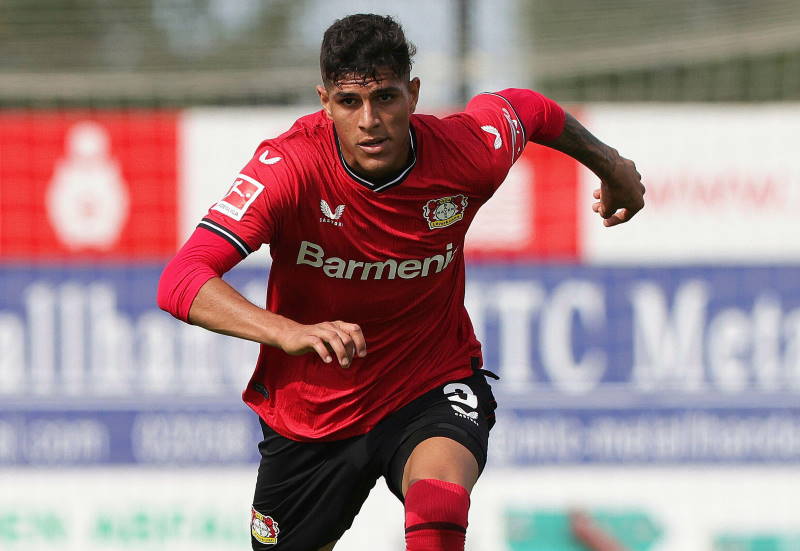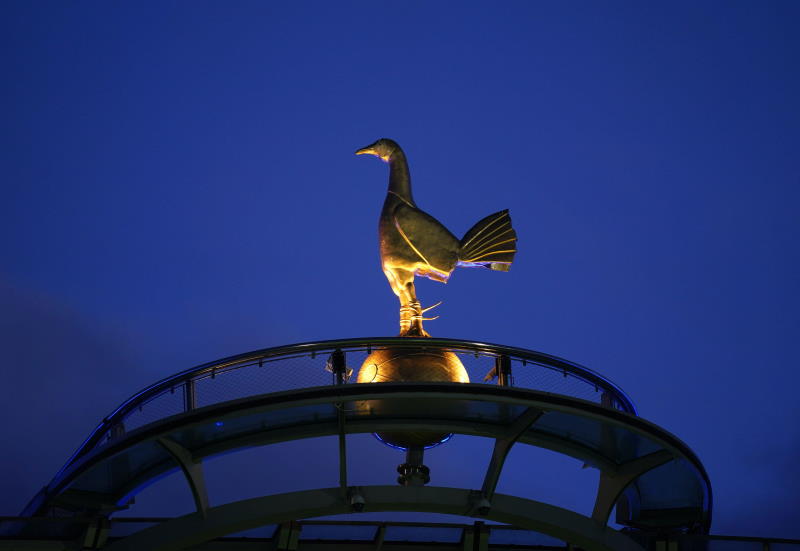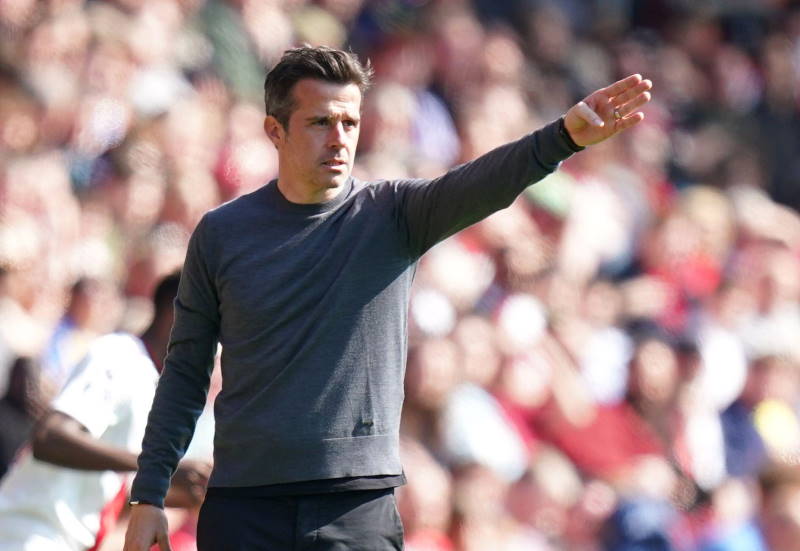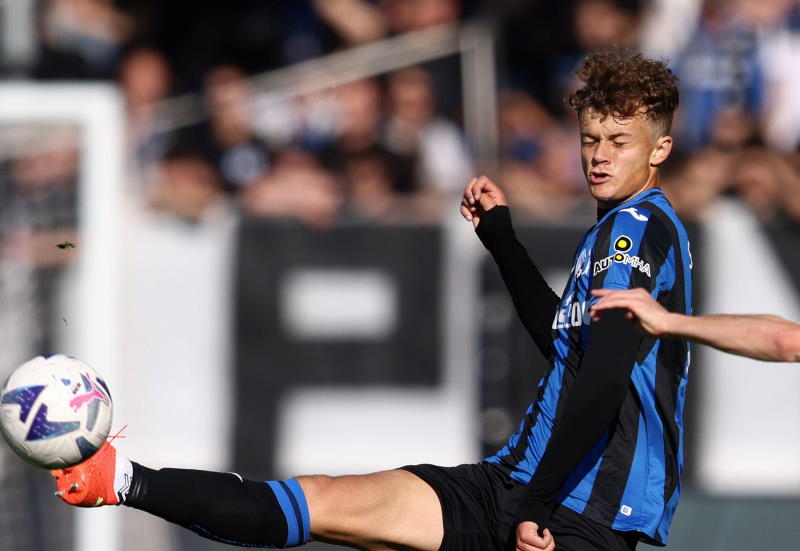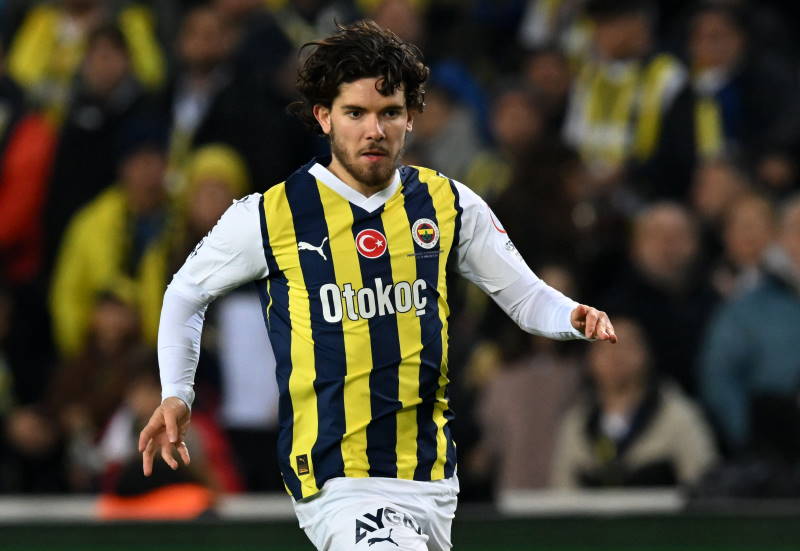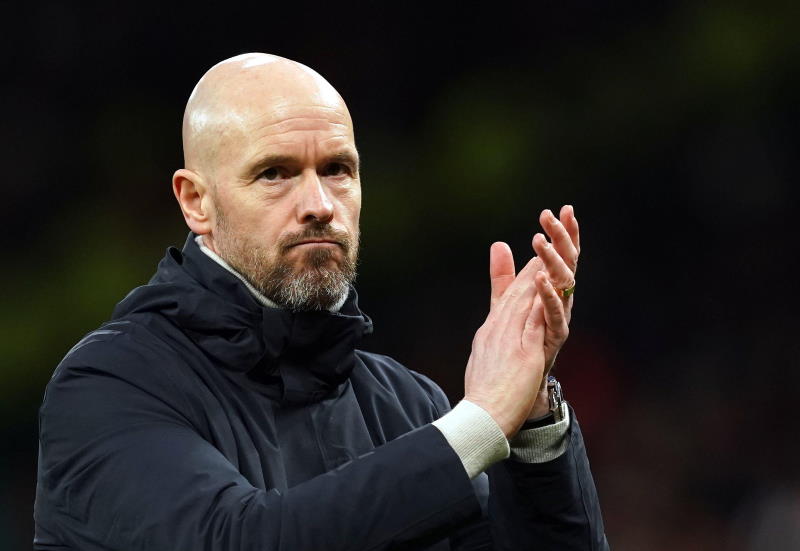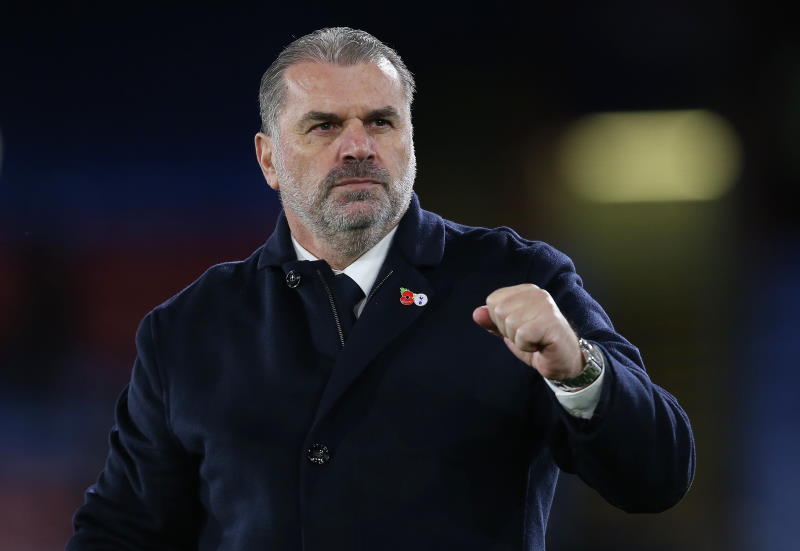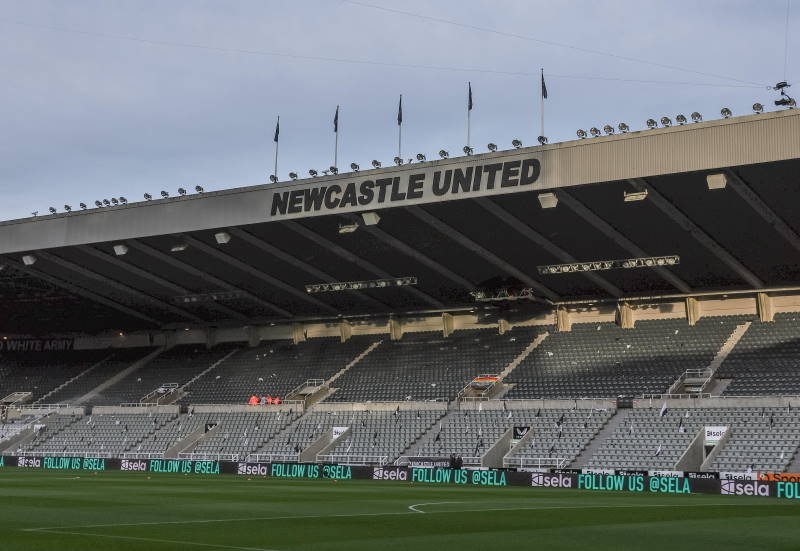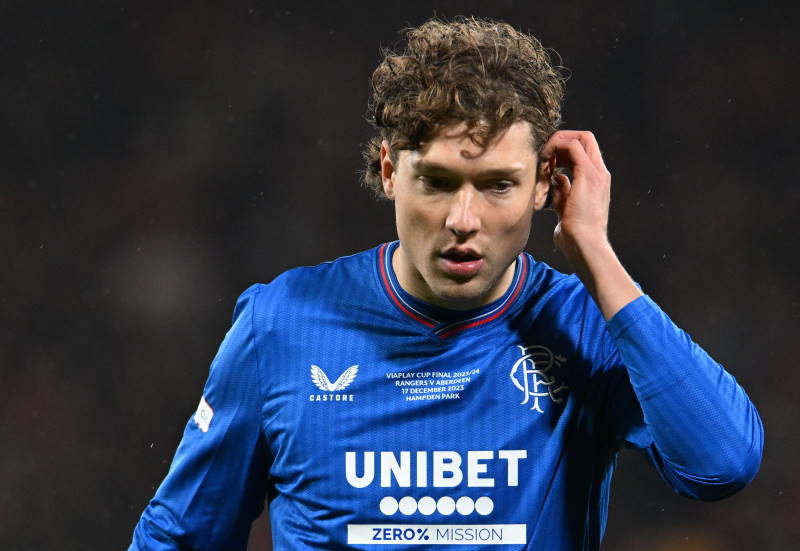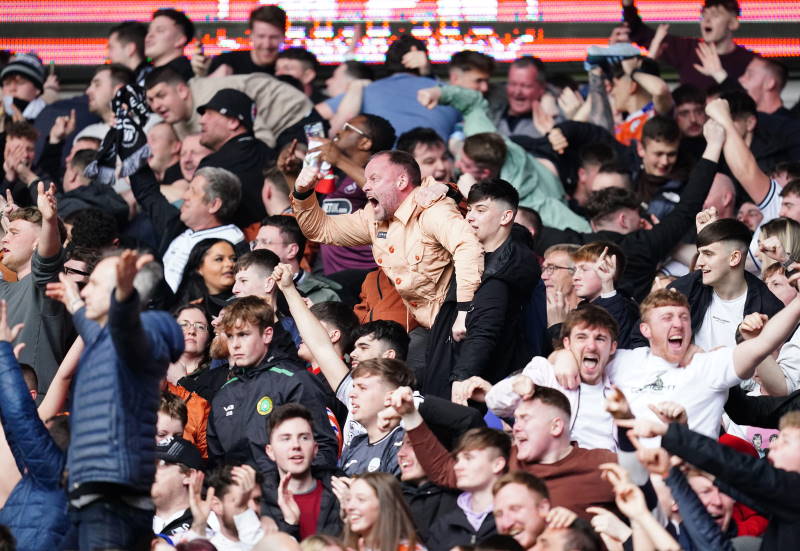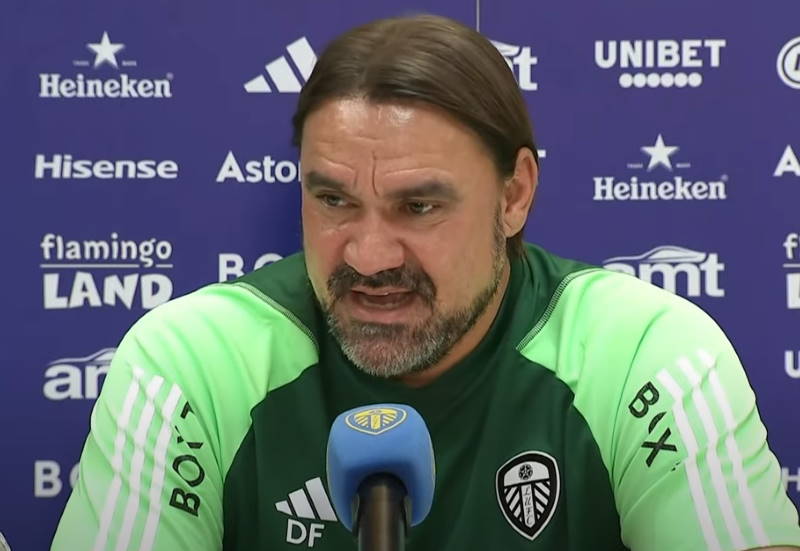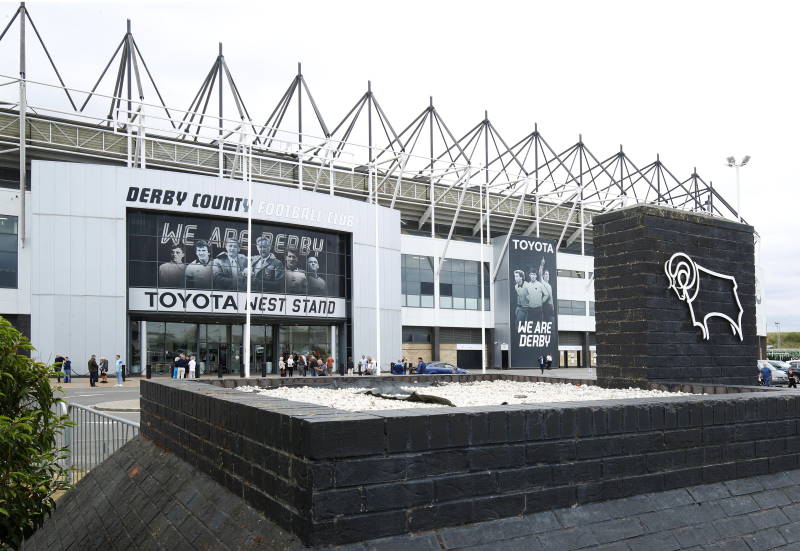
Presented with the chance to give his MLS adventure a Hollywood ending, David Beckham did not falter. Nor should it be a surprise given that Beckham’s CV includes assists for Manchester United’s two dramatic goals against Bayern Munich in the 1999 Champions League final, a last gasp free-kick that sent England through to the 2002 World Cup and a league title in his final season at Real Madrid just as he was being written off.
Beckham was involved in the attack that led to Landon Donovan’s MLS Cup-winning goal at the Home Depot Center against Houston Dynamo and put in a typically composed display in the centre of the Los Angeles Galaxy midfield. A proud man, it was a night that really mattered for Beckham, as evidenced by his euphoric celebration with Donovan at the final whistle and his courage in playing through a string of injuries.
But with his five-year contract set to end next month, what next? And where does the MLS stand after half a decade with Beckham on board?
The first question is rather more clear cut than the second. Beckham has refused to show his hand thus far, but it would come as a big surprise if he was in a Galaxy shirt in 2012, especially given the interest shown by the likes of Paris Saint-Germain and several English clubs. A swansong on a bigger stage seems a more appropriate direction. However, until Beckham confirms his intentions, it is possible that factors such as not wanting to uproot his family could sway him.
But the progress made by the MLS is more debatable. First, it should be noted that for all the Brand Beckham hype that surrounded his arrival, it was never realistic to think that one player – however famous – could lift the sport to the next level. The market in the United States is enormous, meaning that headlines come at a premium and fans are not short of options when it comes to watching sport on a Saturday afternoon.
The NFL (American football) remains the biggest business, with the NHL (ice hockey) and MLB (baseball) part of the chasing pack. The uphill battle faced by the MLS has been put into perspective over the past few weeks by the underwhelming reaction of NBA (basketball) fans to the fact that the first six weeks of their season have been cancelled. At the end of the day, there are plenty of other sports – at professional and college level – for fans to turn to.
This is the level of competition that the MLS is fighting against – and the battle is tough for the big market and small market teams alike. Take Thierry Henry’s New York Red Bulls – it is true, the potential is huge for securing a solid fan base and the funding is there to recruit stars like Henry and Rafael Marquez, but the city also boasts two NFL teams, two MLB teams, two NHL teams and, soon, two NBA teams. That does not leave a lot of limelight.
Meanwhile, smaller market teams like Columbus Crew or Sporting Kansas City face their own challenges. For obvious reasons, these teams are unable to pull off the “designated player” coups to match the big boys, ensuring that the Galaxy were always going to be favourites once former Tottenham Hotspur striker Robbie Keane joined Beckham and Donovan in their attack.
Since Beckham arrived in LA in the summer of 2007, the average MLS attendance has risen, jumping from close to 15,500 to almost 18,000, which is a definite point in his favour. Though the MLS has not made major inroads on the greater popularity enjoyed for other US sports, the Beckham factor has certainly provided a talking point and, while the tendency has been to portray the midfielder’s time in LA as either a roaring success or a dismal failure, the truth falls somewhere in between. It is hard to deny that playing with or against Beckham will have improved the standard of football across the league.
His manager Bruce Arena and his team-mates have not been shy about praising Beckham’s contribution, particularly during this season’s playoff run, and further evidence of his value to the Galaxy can be found in the $55M, 10-year TV deal that the club have just signed. Make no mistake, that deal does not happen without Beckham. And Tim Leiweke, president of AEG, the Galaxy’s owners, did not try to conceal that fact.
“We don’t talk about this deal without David Beckham,” he admitted. “We wouldn’t have gotten the Herbalife deal [in 2007, worth as much as $25 million over five years] without David Beckham. We certainly are not touring Indonesia, Asia and Australia without David Beckham, and we’re not getting the kind of guarantees we’re getting [for the trip] without David Beckham. I don’t even think we get Robbie Keane without David Beckham.”
Ultimately, when the Beckham adventure is reviewed at length, the numbers suggest that the Galaxy have reaped considerable benefits from the Englishman’s spell in LA – but the MLS as a whole may only have enjoyed a slight boost.
And that should not be considered a failure. Instead, Beckham deserves credit for keeping the league on track – after all the MLS would suffer without the former England captain, but his departure would not derail its progress either, particularly with rumours already circulating about Chelsea hitman Didier Drogba heading across the pond.
All in all, the MLS will not be stealing headlines away from the NFL just yet, but Beckham’s five-year stint has helped the league take another small step in the right direction.

